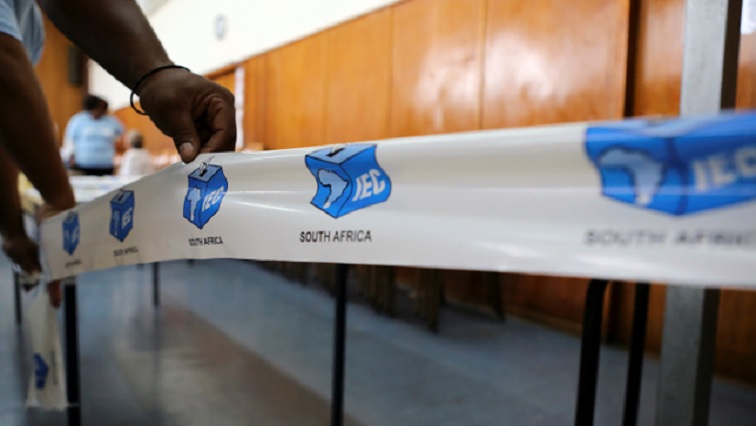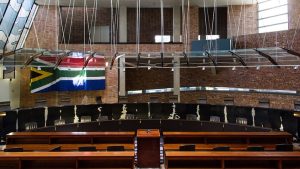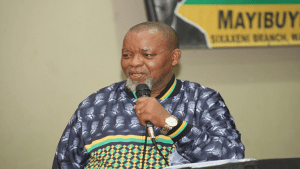The Democratic Alliance (DA) has complained to the Independent Electoral Commission (IEC) about the R15 million donation Chancellor House has made to the African National Congress (ANC), saying it defeats the aim of ensuring transparency with regards to who funds political parties.
The ANC reported to the Electoral Commission in terms of the 2nd quarterly disclosures for the year as per the Political Party Funding Act, that the company, its investment vehicle, donated the money on 31 August.
The DA contends that by receiving donations through the trust, the ANC is able to conceal the source of its donations.
The DA wants the IEC to tighten up the Political Party Funding Act to ensure that political parties cannot subvert its objectives.
“If the ANC’s fundraising arm is giving R15 million to the ANC, it is obviously fundraised. Now it is highly unlikely that this was a huge amount of donations under R100 000, it is likely that this was donations over R100 000 where that came from we don’t know. Now, if it can be argued that this is interest from money that was earned I mean that is a significant amount of money,” says DA Federal Finance Chairperson Deon George.
DA says the trust conceals the actual source of donations:
Chancellor House has had its share of controversy, having been a BEE partner of power construction giant Hitachi, in a contract to build power stations Kusile and Medupi six years ago.
Unsubstantiated allegations were that Hitachi used Chancellor House to get tenders with Eskom and in turn received so-called success fees. Hitachi paid R19 million to the US Securities and Exchange Commission to conclude the matter.
The IEC however says that at this initial stage it is not empowered to probe non-disclosure or force political parties to disclose their donations.
“We have not looked at who the trustees are because we don’t go to that extent; we look at whether it is South African if it is a South African registered trust if it is allowed to donate to who it wants to donate. If there is prima facie evidence that can be brought before the commission then it will be looked at legally who are the trustees, are they allowed to donate or give dividends. As things stand we do not go into the details of investigating if the trustee is linked to the donor,” says IEC Deputy Chief Electoral Officer for Political Party Funding George Mahlangu.
The IEC says its mandate currently is to receive records and publish declarations made on a quarterly basis. It says it is only in phase two that the political parties must submit audited financial statements after the end of the financial year.
Political analyst Lukhona Mnguni says that a number of loopholes exist in the Political Party Funding Act and can be exploited by mischievous political parties. Mnguni says there are a number of issues to consider in relation to the Chancellor House/ANC donation.
“ The ANC’s misgivings with Chancellor House Trust is that they should be able to gain as much as possible but now with the cap on a single donor per annum. It actually frustrates them because there may be more funds held at Chancellor House that could be of use to the party instead of the concern being Chancellor House concealing certain monies is whether or not in the future there will be transactions from Chancellor House to other entities and then those entities can then donate to the ANC which will mean that in fact, Chancellor House is donating much more as a single donor but through other multiple vehicles.”






